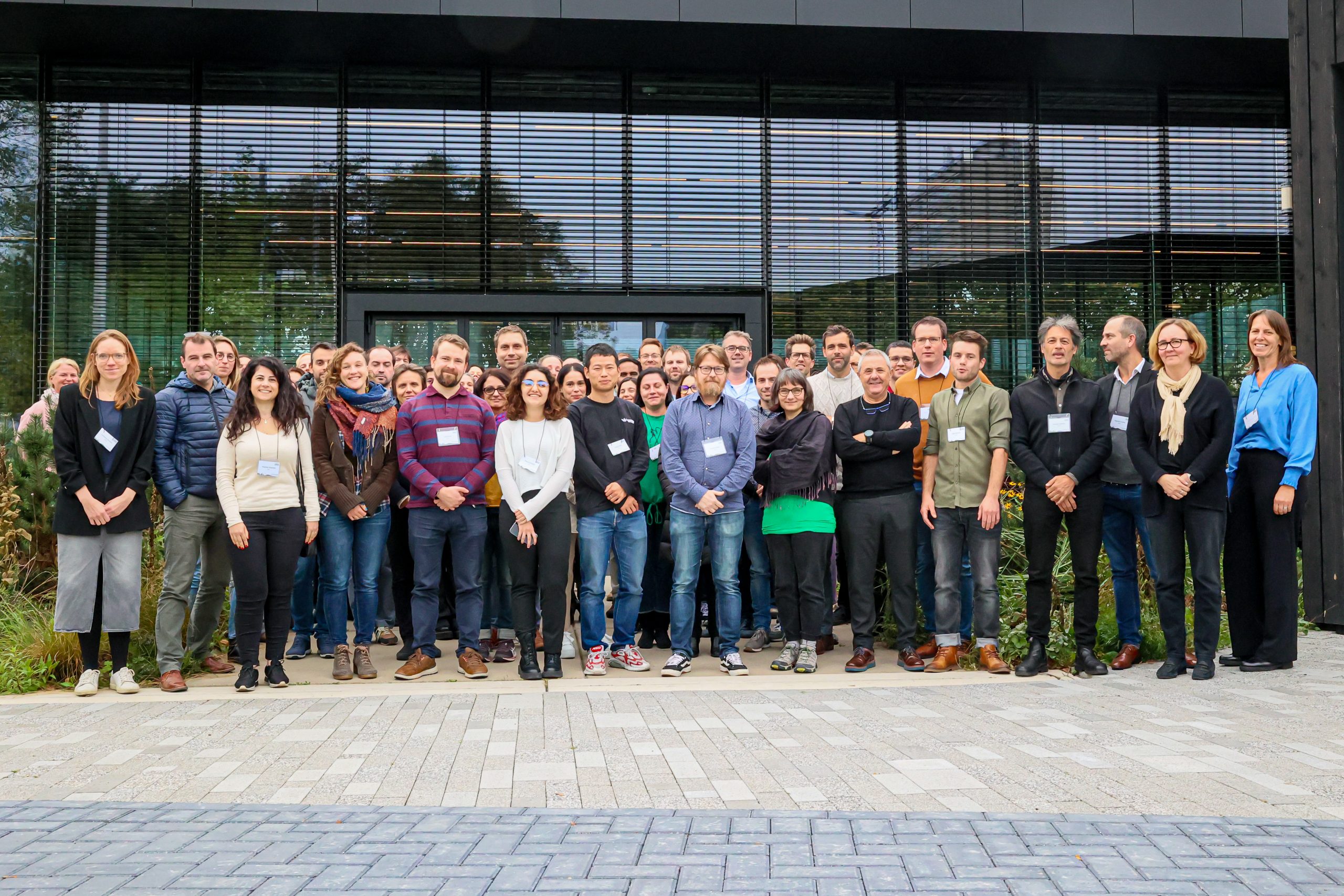RI-URBANS at the 26th TFMM Meeting
Tuukka Petäjä presented the RI-URBANS-ACTRIS Service Tools in the 26th Annual Meeting of the Task Force on Measurements and Modelling (TFMM) in Potsdam, Germany, on May 5 to 7, 2025. This event was organised under the framework of the UNECE Convention on Long-range Transboundary Air Pollution (CLRTAP) and is a key component of the European Monitoring and Evaluation Programme (EMEP). The service tools provide guidance to the Member States to respond to the new air quality directive. Link to STs here.








